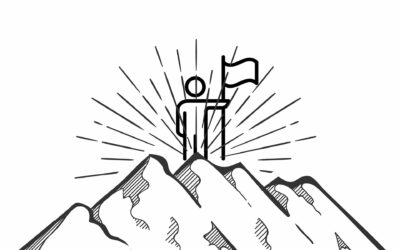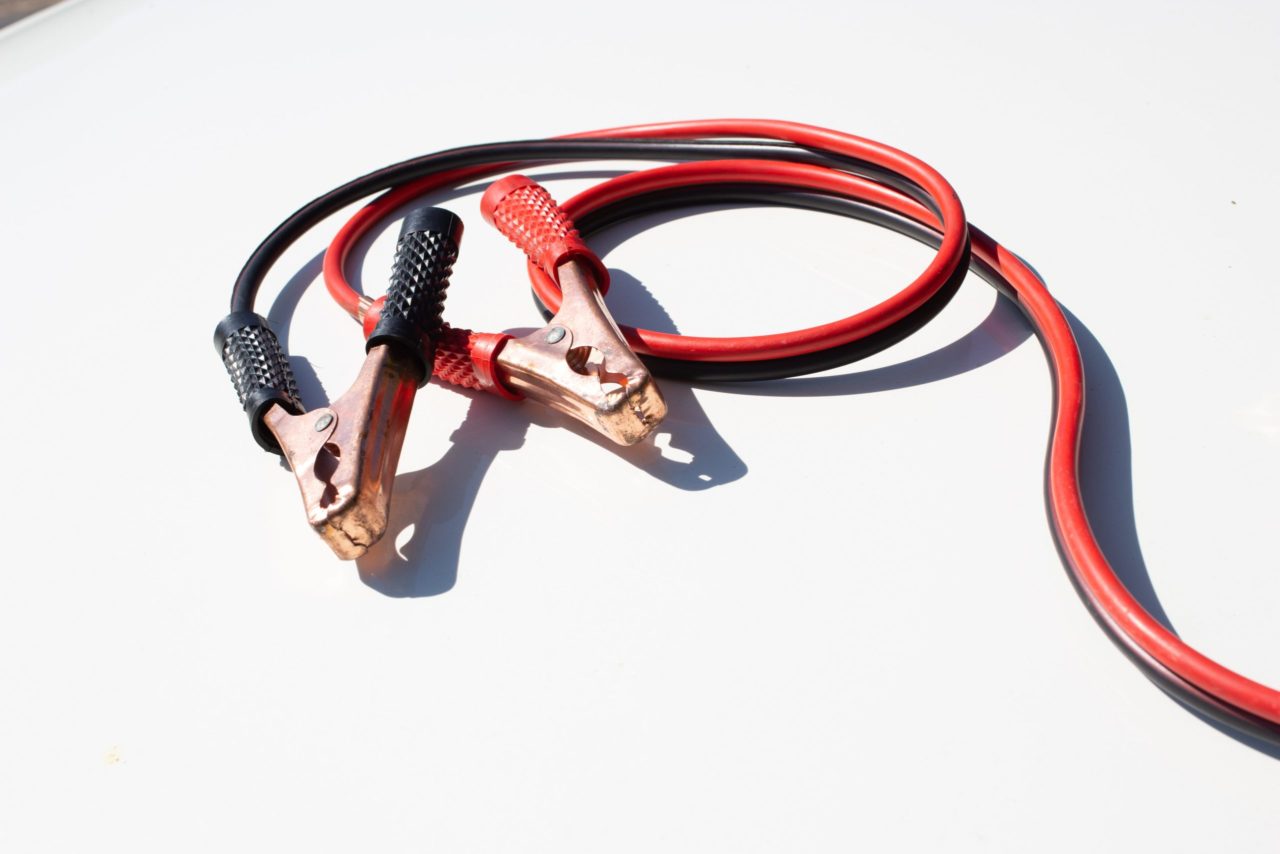When you’re a leader, your primary responsibility is to leave people and the organization better off than when you found them. But the pressures of your other nonwork responsibilities also compete for your attention. You’re responsible for being a good spouse, parent, son or daughter, friend, and churchgoer, for example. Sometimes it can feel like everyone and everything wants a piece of you, and that on some level you’re leaving everyone a little disappointed.
Sometimes it can feel like everyone and everything wants a piece of you, and that on some level you’re leaving everyone a little disappointed.
Oftentimes, the people nearest the leader get rooked. One prominent leader I spoke with recalled the greatest regret of his life was failing to be at his wife’s bedside the evening before she died of cancer. Instead, he was on the other side of town speaking at an event. Being a good leader at work does not always equate to being an attentive spouse or parent at home.
Faced with mounting responsibility, many leaders push their own health to the bottom of the priority list and become self-neglectful. Workaholism is commonplace for those in leadership roles, who justify it as having a good “work ethic.” Self-care becomes virtually nonexistent, and diet and exercise fall down on the priority list. According to research cited in CEO Magazine, 82% of CEOs are overweight, 69% were found to be in “hopelessly poor physical condition,” and almost 60% were unable to even touch their toes.

Such a leader, hubris knows, is vulnerable to making impulsive choices that give him temporary escape or relief from carrying responsibility’s heavy burdens.
Being a responsible, hardworking leader is a good
In my book, The Leadership Killer: Reclaiming Humility in an Age of Arrogance, I introduce the idea that The Killer (aka hubris) is on the lookout for the self-neglectful leader who is weighed down with the burden of responsibility. It knows that the more responsibilities the leader is carrying, the more the coiled spring of irresponsibility wants to burst forth the non-leaderlike expression. Such a leader, hubris knows, is vulnerable to making impulsive choices that give him temporary escape or relief from carrying responsibility’s heavy burdens. It knows that the more exhausted a leader is, the more susceptible he’ll be to the character erosion, where principles can soften to the point of being compromised. The Killer will implore the leader to take a bigger bite of the rosy apple of responsibility, knowing that the more he takes on, the more control it will soon have over the leader.
So what is the remedy? Recognizing the burden of leadership is in itself a lesson in humility. It’s a display of your own humanness and a sign that your ego remains stable and in check. The Killer sees no use for the leader who stays mindful and grounded in their humanity.
But that’s not enough. It takes a demonstration of your leadership skills and determination to transform your burdens, to reprioritize your values, and to change your goals. These are the actions of a leader who will not succumb to the Killer. Instead, he will rise to the occasion and embolden those he leads and advance the organization that allowed him the opportunity to do so.



